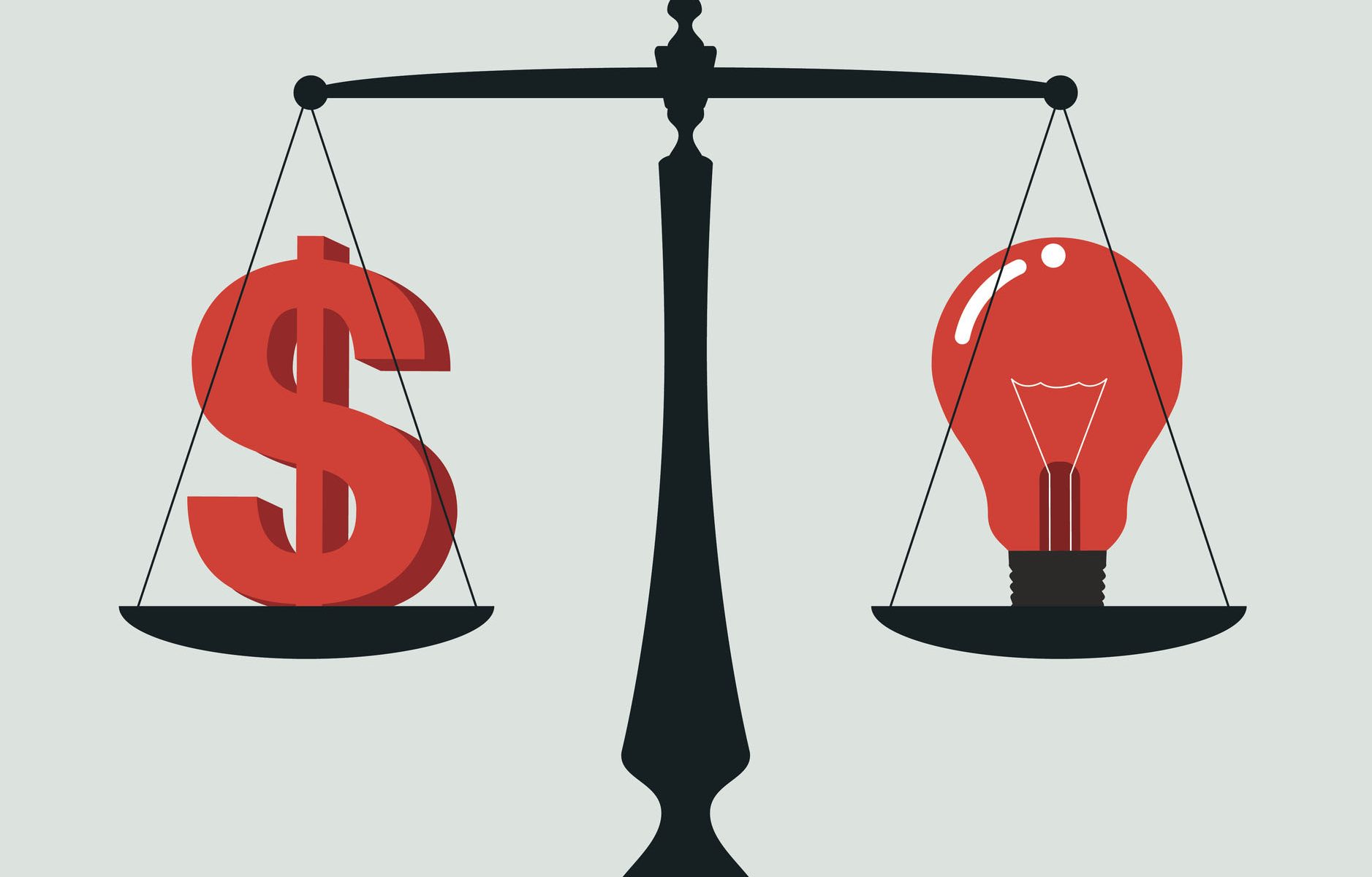Save or invest: what to choose?
Whether you manage to save a little each month or already have considerable wealth, the question remains: where to put your money? With savings bearing virtually no interest and markets often unpredictable, it is becoming harder and harder to know what to do.
In theory, savings are safer, while investing returns more over the long term, but may carry high risks. In addition to this rule of thumb, there are few more factors to consider before choosing one option or another. Here is a quick comparison of the main criteria to take into account.
| CRITERIA | SAVE | INVEST |
|---|---|---|
| What is the approach used? | All good things come to those who wait (security). | Fortune favours the bold (risk + reward). |
| What are the objectives? | Better suited to building up a capital reserve in order to face major contingencies or fund a medium-term project. | Better suited to diversifying and growing spare cash more quickly over the long term, or setting more money aside for retirement. |
| When? | The sooner the better. It is always useful to have some money put to one side. | It's up to you, but make sure your investor profile is always suited to your circumstances (e.g. be more conservative for retirement). |
| What is the investment horizon? | From very short term to long term. | Medium or long term (short term is possible, but is strongly discouraged for the inexperienced). |
| What are the risks and rewards? | From low to limited. | From medium to very (very, very) high, with no guarantee of results. |
| How much expertise and time are needed? | Little, if any. | High, especially without professional support. |
Looking at this table, it is clear that savings and investments serve different but often complementary purposes. So the question is not which one to choose, but what weighting to give each component in line with your plans and needs. This is where your banker comes in.
As a rough guide, we can use a three-level pyramid to show the relationship between savings and investment.
- At the bottom we find rainy day money, which is a reserve to cover any contingencies or certain larger spending items. Whether it’s for you or your children, choose the savings account that’s right for you and pay in small amounts regularly, for example by standing order. Home savings solutions also fit into this category.
- Looking beyond the present, it is good to plan for the future and diversify savings while protecting yourself and your loved ones from any reduction in or sudden loss of income. You can show foresight by investing in life insurance solutions or retirement savings. This is a particularly attractive option in that you can take advantage of tax breaks right away.
- At the top of the pyramid is investment with a view to financing your biggest endeavours. The best solution here obviously depends on your individual investor profile, the choice of investment products (SICAV, structured products, shares, bonds, etc.) and the level of guidance offered by your banker (discretionary management, advisory contract, execution only).
Don’t forget your debts!
In many situations, one good way to “invest” your money is to pay off some of your debts. Better still, keep them to a minimum or don’t borrow money at all, by planning your investment beforehand. Loans often cost you more than your investments bring in, and a lot more than the interest on your savings. Worth bearing in mind!


 Mortgage
Mortgage Personal loan
Personal loan Savings
Savings